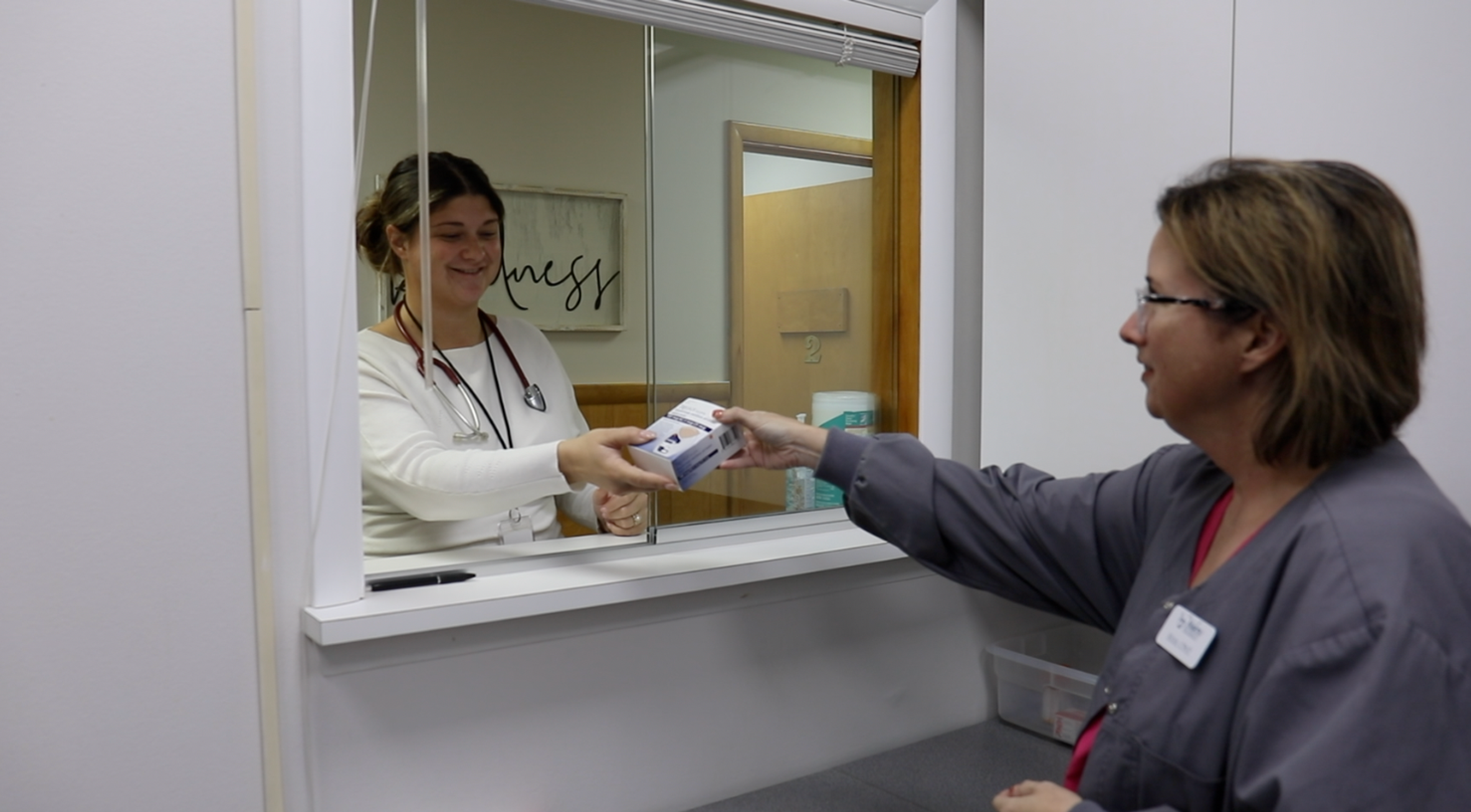How Michigan Urologists are Leading on Prostate Cancer Care
Julie Bitely
| 3 min read

This year, more than 174,000 men in the U.S. are expected to receive a prostate cancer diagnosis. Besides skin cancer, it’s the most common type of cancer in American men. While it’s news nobody ever wants to hear, men diagnosed in Michigan can take heart that a dedicated group of urologists in the state are working hard to make sure they’ll get the absolute best care. And that focus is driving change beyond the state’s borders. “Changes and innovations in Michigan are contributing to national changes in urologic care,” explained Dr. Jim Montie, who along with Dr. David Miller, created the Michigan Urological Surgery Improvement Collaborative, known as MUSIC, in 2011 with initial funding from the Blue Cross Blue Shield of Michigan Foundation. MUSIC is physician-led, with doctors from all corners of the state contributing and collaborating. By sharing best practices, the goal of the group is to improve the quality and cost-effectiveness of prostate cancer care in Michigan. Over 8 years, they’ve shown some impressive results such as the following:
- Reduced hospitalizations. Infections following prostate biopsies had been rising, leading to patient hospitalizations. By identifying the root cause, MUSIC was able to decrease hospitalizations due to biopsy-related infections by nearly 50%. “That makes a big difference for the patients,” Montie said, noting that infections can be life-threatening.
- Reduced unnecessary imaging. By creating imaging appropriateness criteria, MUSIC helped physicians better identify when a CT or bone scan should be ordered for patients with lower risk prostate cancer. This resulted in a decrease of unnecessary imaging by more than 50% - in 2018 alone, 732 unnecessary imaging studies were avoided.
- Improved treatment appropriateness. For men diagnosed with favorable-risk, early-stage prostate cancer, managing the disease through active surveillance, rather than more invasive treatment options, may be appropriate while helping preserve quality of life and avoid negative side effects such as erectile dysfunction and urinary incontinence. MUSIC developed appropriateness criteria and an educational roadmap for physicians to use with these patients, which has resulted in the statewide rate of avoidance of treatment almost doubling to 80% for low-risk prostate cancer patients.
The work of MUSIC is carried out by 260 urologists in Michigan which represents 90% of practicing urologists in the state, as well as seven patient advocates that serve as the guiding voice for the collaborative’s efforts. The collaborative is one of many award-winning collaborative quality initiatives sponsored by Blue Cross Blue Shield of Michigan, designed to tackle complex care issues with an eye on better results and care, along with reduced health care costs. If you found this post helpful, you might also want to read:
Photo credit: Squared Pixels





